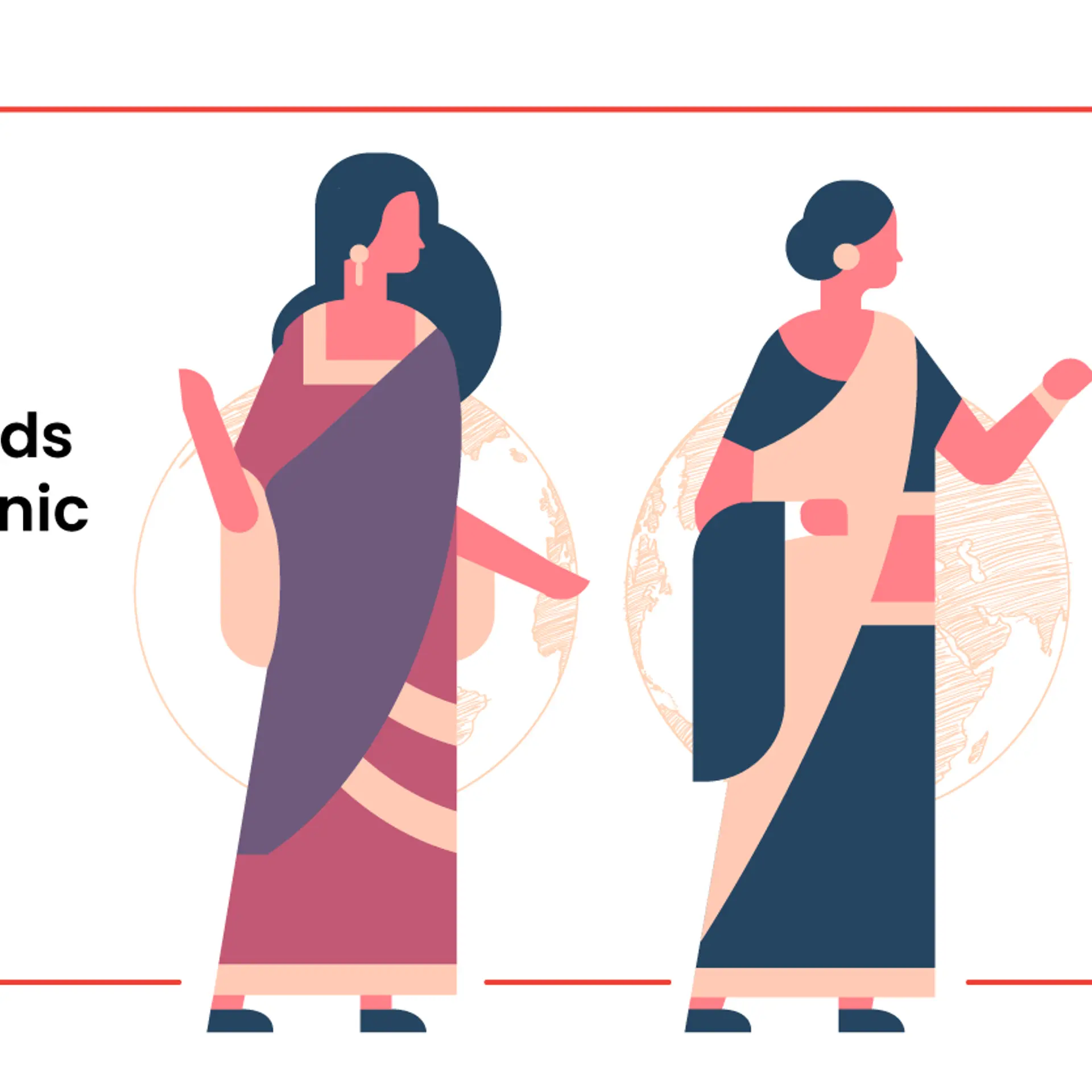Exports of small businesses hit more by GST than note ban: RBI
Exports of Micro, Small and Medium Enterprises (MSMEs) were hit more by the issues related to implementation of the goods and services tax than demonetisation, according to the Mint Street Memo published by the Reserve Bank of India.
MSMEs, considered a powerful engine of the country’s economic growth, are contributing around 40% of the overall shipments from India.
“MSME exports were affected more adversely by issues relating to the GST implementation due to a delay in refund of the upfront GST and input tax credit affecting cash-driven working capital requirements,” said the report.
The report also said that the credit growth in the MSME sector had started decelerating even before demonetisation, and declined further during the note ban phase.
“In contrast, the GST implementation does not seem to have had any significant impact on credit. Overall, MSME credit and especially micro credit to MSMEs, including loans by banks and non-bank financial companies, showed a healthy rate of growth in the recent quarters,” it said with the disclaimer that the views and opinions do not necessarily represent the views of the RBI.
During the April-June 2018 period, bank credit to MSMEs increased on average by 8.5% year-on-year, mirroring the level of growth during April-June 2015, with credit to micro and small enterprises growing at an even healthier rate.
The growth in credit to MSMEs has recovered since the lows of late 2017 to reach the mid-2015 level, it said.
The report said among various items of MSMEs exports, gems and jewellery, carpets, textile, leather, handlooms, and handicraft items are highly labour intensive and depend heavily on cash for working capital requirements and payment towards contractual labourers.
“MSME exports showed only mild weakness after October 2016 (demonetisation period) but decelerated sharply during April and August. 2017 (GST implementation period) with only a temporary recovery during the post-GST implementation period,” the report said.
In contrast, non-oil non-MSME exports growth showed healthy growth after demonetisation but also suffered a dip during April-July 2017, it said.
Given the difficulties faced by MSMEs in debt repayments after demonetisation, the RBI announced a series of measures to provide some relief, it said.
The prudential norms were relaxed in November 2016 by granting additional time for repayment of dues for accounts with sanctioned limit of Rs 1 crore or less. This prevented the loans from becoming sub-standard assets.







